There is a bias against comedy in the American Theatre (and perhaps among snooty elites, in general.)
This manifests as:
- A skepticism that comedy is capable of being “important” or about something. (Whereas Long Day’s Journey Into Night is “about” four hours of my life I’ll never get back.)
- Theatres not willing to take a risk in commissioning/programming an untested comic work as easily as one would commission an “important” drama. (Um, we’re theatre people. None of what we do is important. Except for Hamilton.)
- Not trusting silliness. (Unless it’s enhanced by a commercial producer)
- Not valuing joy, healing, or pleasure felt by an audience (other than getting them drunk at the fundraising gala).
- And finally, by labeling comedies as “sit-commy.” We find it dismissive and meaningless, an easy way to diminish the effect of the work by saying that it doesn’t belong on stage, that it’s not “theatrical.” What is more theatrical than a group of strangers laughing together because of the live energy from a performer? Do you know what’s really too sit-commy? Your life.
We all agreed this bias might be largely due to too many artistic directors with no sense of humor. (Though I suppose the fundraising process is enough to suck the happiness out of anyone.) But seriously, is it possible that the “deciders” maybe feel less confident about their judgment in what is a good comedy, especially if it does not come attached with a previously glowing review or recommendation?
I find myself wondering why (Generalizations again. Sorry, not sorry.) we don’t like our audiences, or trust our audiences, or feel ok about giving our audiences joy or a point driven home with a laugh. And then we have the nerve to wonder why those audiences are dwindling. Over the course of my derailed career, comedies done well have sold better than depressing shows. There is room for both, to be sure (yes, and), but why is it that every season planning process I have been a part of reaches a climax of confusion as the season falling into focus is filled with all the sad, serious stories and we have to scramble to find a comedy or a musical or both. And then the depressing musicals get tossed in, and we leave no room for joy. Or a point driven home through metaphor and laughter.—Julie Dubiner
There is a lack of diversity in the comic voices that do get seen on our big stages
Theatres need to start letting different kinds of people be funny, celebrating the true breadth of hilarity that is being written, appreciating the new forms of it that are emerging, and allowing comedic work that speaks to diverse and/or new and or newly diverse audiences. More wild and delicious comedies by women and people of color, please! (There does not need to be a greater percentage of comedies from gay white men. I think we’re fine.)
There is a lack of ground-up support in the form of commissions and grants for Comedy.
See “bias.” And it’s too bad, because they can be pretty fun to develop.
“We [Merrimack Repertory Theatre] only produce new work and we produce a lot of comedies, and yet even I tip toe around being overly proud of them because I’d like to be thought of as a real artistic director. But it’s time, time to admit loudly that joy is a core value of ours, and that we respect the true craft it takes to write a joke that can still be funny when the playwright isn’t there to explain it.”—Sean Daniels
Smaller, scrappier, cheaper companies are taking bigger risks with comedy and are the vanguards. Also there seems to be a division in America between the Improv and Sketch worlds and the Legit Theatre worlds. There doesn’t have to be.
See “duh.”
I guess I wonder if comedy even wants to hang out in serious places. Some smart person in the room said that comedy is meant to lower, to make something more accessible. Some other smart person in the room said that comedy is meant to upend institutions and question systems. For me, comedy lives in the world of improv and sketch and shitty theaters where people can have a drink or five. Some other-other smart person in the room told me that I'm in my twenties so I don't know I'm an alcoholic yet. Fair point. But more to the point, what do we want comedy to achieve, and where is the best place for comedy to do it?—Rose Oser
Comedy is particularly subjective and hard for theatre people to read
Tone is always a hard thing to convey, but perhaps particularly challenging in comedy. It’s possible the way plays get programmed (mostly by reading something off the page) inhibits their selection. Hot Tip: Many play-readers spoke to the power of a meaty author’s note, as well as the use of idiosyncratic stage directions, as a way to help a reader better understand the world that is being created.
We’re losing new creators and audience by not evolving what comedy is in theatre. Plus, it’s too expensive.
Comedy, as a form, is exploding in all other mediums. In terms of accessibility for creators to create and showcase their work, scrappy theatre is competing with even scrappier YouTube!
Finally, we got around to talking about
Things We Could Do To Promote More Comedy In American Theatre


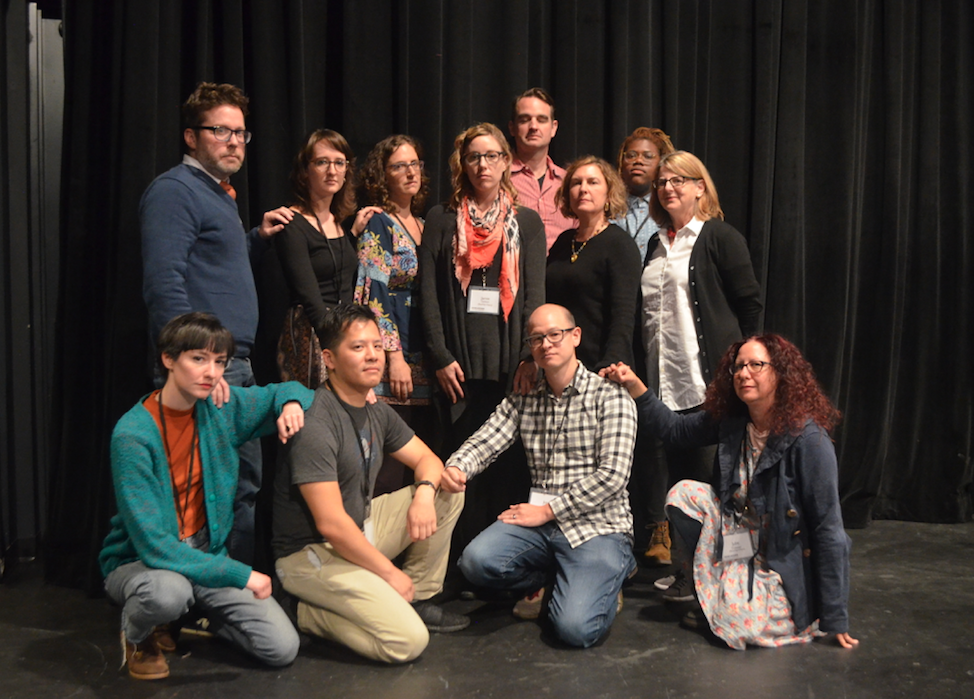
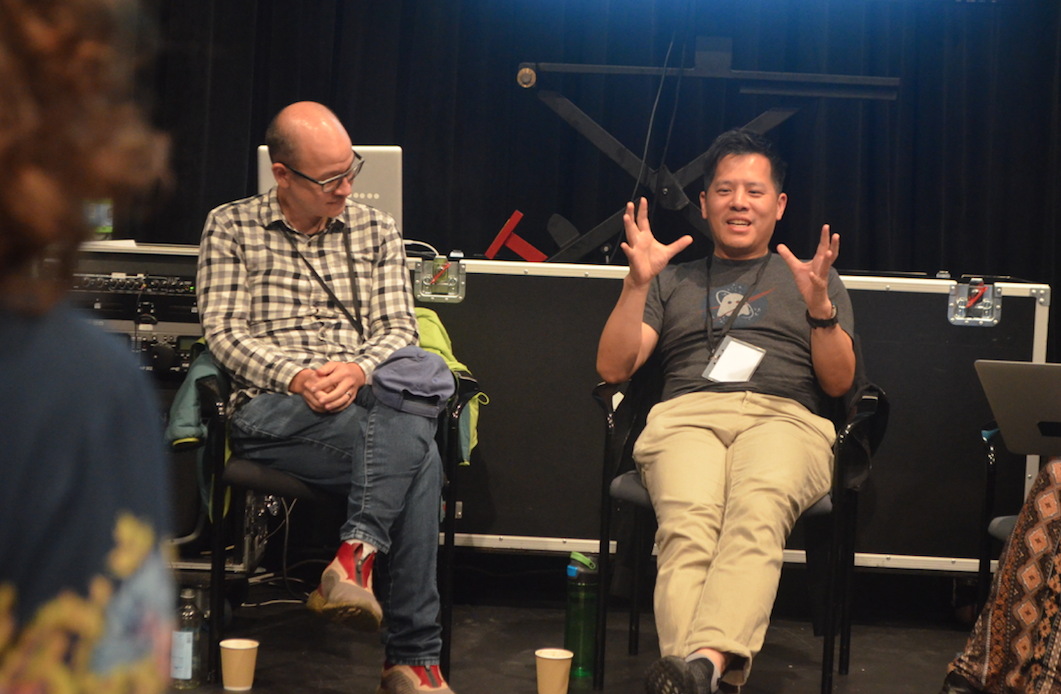
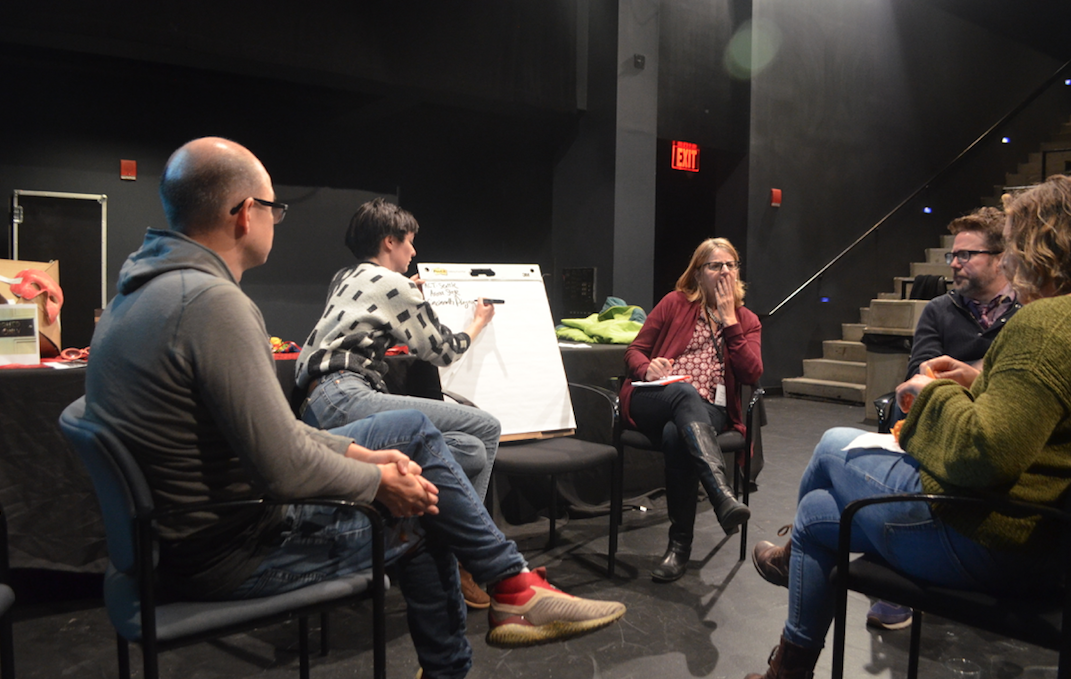
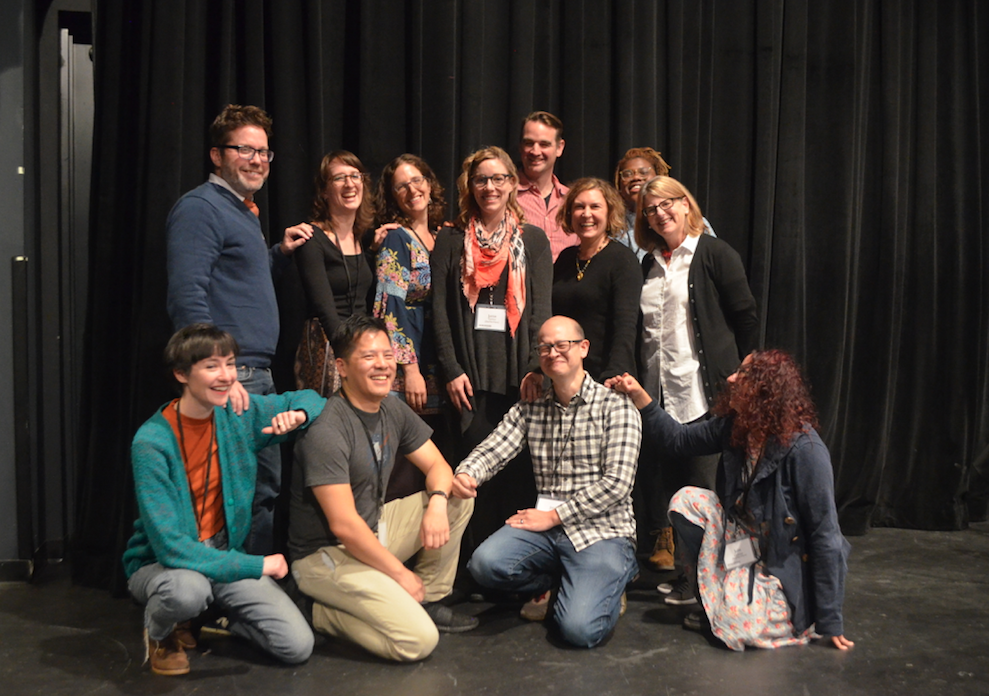
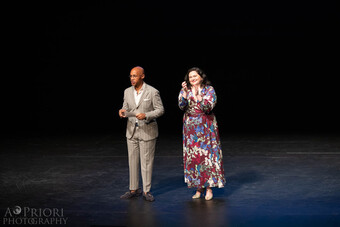


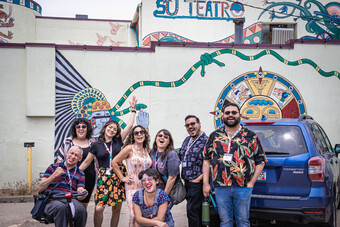

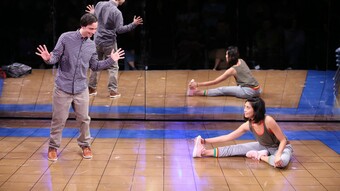


Comments
The article is just the start of the conversation—we want to know what you think about this subject, too! HowlRound is a space for knowledge-sharing, and we welcome spirited, thoughtful, and on-topic dialogue. Find our full comments policy here
Glad to found this great information. Keep up the good work.
It is definitely true that there needs to be more, new, diverse contemporary photo booth company comedies on stages and more support for its development from the ground up. Comedy is powerful, needed, wanted, and can, god forbid, be really fun, too!
I agree with this article.
Santa Ana Concrete
I agree! The time for comedy has arrived! Especially since the [fake] Supreme Court of the United States recently [the 12th of Never] ruled that one cannot copyright the idea of someone choking to death on somebody else's vomit!
By which I mean to say that my contributor's copy of the new Smith & Kraus "2018 The Best Men's Stage Monologues" (edited by Lawrence Harbison) ( https://www.amazon.com/Best-Mens-Stage-Monologues-2018/dp/1575259265/ref=sr_1_1) just arrived, and it contains my comedy monologue "Dusting For Vomit"! (Taken from the opening of my ten-minute play of the same name.)
So if you're looking for a comic monologue to audition with that everyone else hasn't heard a million times already, you might want to check it out! (I think the book goes on sale in earnest January 1st.) Particularly if you're a final of "This is Spinal Tap" and/or of making (good-natured) fun of famous actors. (C'mon, admit it, you know that you are... and that you do!)
(By the way, my monologue is easy to find: It's right next to a serious one by Tanya Saracho!)
Several of my other ten-minute plays (many available on the new play exchange) are comedies as well, so I'm glad to see that maybe the times are changing and they will finally get some love! And after writing several full-length dramas, the current one I'm working on is a comedy!
https://newplayexchange.org/plays/3619/dusting-vomit "A former movie star uses unusual methods of persuasion in his attempt to convince a one-time fellow stage actor to co-star in the upcoming blockbuster crime scene comedy "Dusting for Vomit". A biting satire that truly does 'go to eleven'!"